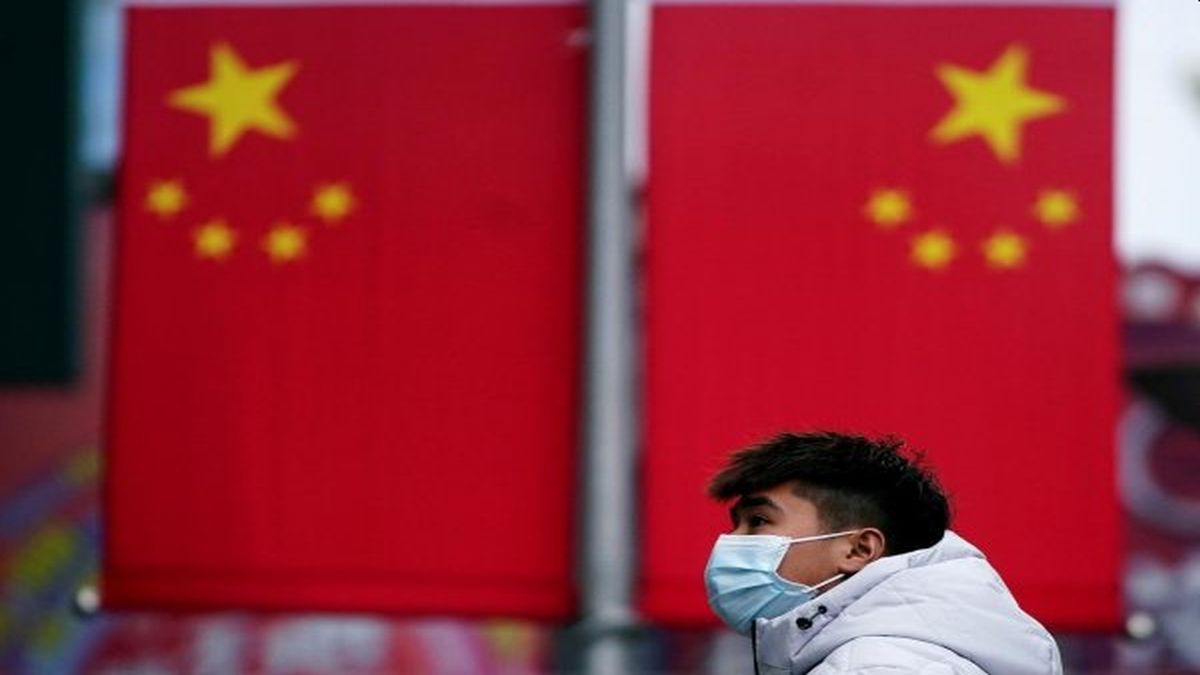“We have discussed this issue with Chinese experts. And we indicated that the approach will not be sustainable… I think a change would be very important,” he added.
He assured that greater knowledge about the virus and better tools to combat it also suggest that it was time for a change in strategy.
Speaking after Tedros, the WHO emergencies director, mike ryan, he stated that the impact of a “zero COVID” policy on human rights must also be taken into account.
“We’ve always said as WHO that we need to balance control measures against the impact they have on society, the impact they have on the economy, and that’s not always an easy calibration,” Ryan said.
He also noted that China has recorded 15,000 deaths since the virus first emerged in the city of Wuhan in late 2019, a relatively low number compared to nearly 1 million in the United States, more than 664,000 in Brazil and more than 524,000 in China. India.
China’s zero-COVID policy has drawn criticism from scientists to its own citizens, leading to a cycle of multi-million-strong lockdowns, angst and anger.
Under the zero-COVID policy, authorities lock down large population areas to stamp out viral spread in response to any coronavirus outbreak, even if only a small number of people test positive.
Shanghai’s measures have been particularly strict, with residents only allowed to leave the compound for exceptional reasons, such as a medical emergency.
Source: Ambito
David William is a talented author who has made a name for himself in the world of writing. He is a professional author who writes on a wide range of topics, from general interest to opinion news. David is currently working as a writer at 24 hours worlds where he brings his unique perspective and in-depth research to his articles, making them both informative and engaging.




